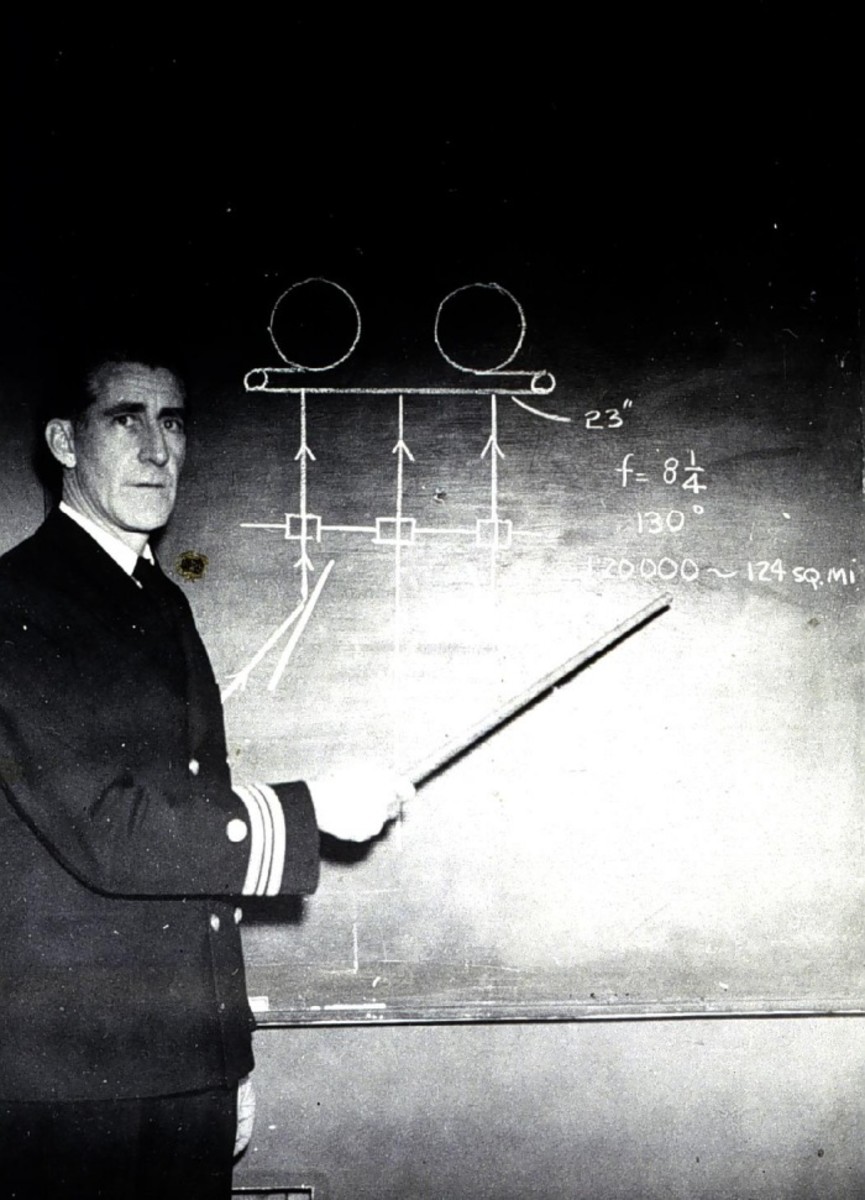Transcendental Idealism
Which thinker’s approach to religion, metaphysics, or epistemology is most similar to or different from your own?
Immanuel Kant’s epistemological idea, that he calls transcendental idealism, is the closest to my personal philosophy when it comes to thinking about truth and reality in several ways, with Kant’s ideas of selecting, organizing and interpreting to form our own experience being the most prominent in my life.
Immanuel Kant formed his theory because empiricism, which says everything we know about reality comes from our senses, and rationalism, everything we know about reality comes from our ability to reason, do not mix. Of this, Chaffee explains, in “The Philosopher’s Way” on page 278, “For Kant, this conflict between the evidence of real-world experience and the epistemological skepticisms of various theories could mean only one thing: The theories are profoundly flawed.” Those two theories are in direct conflict with each other. I cannot put myself to either side without betraying some other point of view that I have. Kant must have felt the same, and so set out to find a resolution. He says that we don’t just “’receive’ and ‘record’ impressions: Instead, we actively select, organize, order structure, and interpret these sensations…” (Chaffee 279) We use both empirical sense and rational thought to derive our realities and form our knowledge. For me, this is a much for understandable and acceptable philosophy. I have a very difficult time thinking that knowledge comes only from senses or only from rationing. I usually disagree with an extremist point of view that does not accept any other form of thought. Kant’s view, in this aspect, accepts both and uses both as a means for forming reality.
Forming reality, according to Kant, is all about how we perceive. The way we perceive is by “selecting certain sensations to pay attention to, organizing these sensations into a design or pattern, interpreting what this design or pattern means to you” (Chaffee 281). When I think about the activities I carry out through the day, I can see those three steps occurring. As I write this, my wife is watching TV, but I focus my senses onto the computer screen where I type. Or, if I were less diligent, I would let my focus wander and begin listening to the words coming from the speakers. The sounds, the way they form in my mind and the tone with which they are used are all organized to begin creating some meaning in my mind. Then, I interpret, therefore, that my wife is watching a show called LOST. I know that because I perceive sounds and voices that I recognize and organize in a fashion that I’ve done before. Then, I interpret them as coming from the show LOST. For someone else, for someone who hasn’t seen the show, or someone who doesn’t remember it, they might interpret those voices and tones in a different manner. From this conclusion, we can understand how people can have different conclusions come from the same sensory experience.
For me, this explains and resolves the conflict between empiricism and rationalism. We all use sensory experience to form our realities. Kant says, “There can be no doubt that all our knowledge begins with experience” (Kant 283). But, “though all our knowledge begins with experience, it does not follow that it all arises out of experience” (Kant 283). We select, organize and interpret that experience in different ways. That makes us unique, and that makes my reality and perception of things different from other people.
Works Cited
Chaffee, John. The Philosopher's Way. Pearson, n.d. Text.
Kant, Immanuel. "Critique of Pure Reason." Chaffee, John. The Philosopher's Way. Pearson, n.d. 154.





